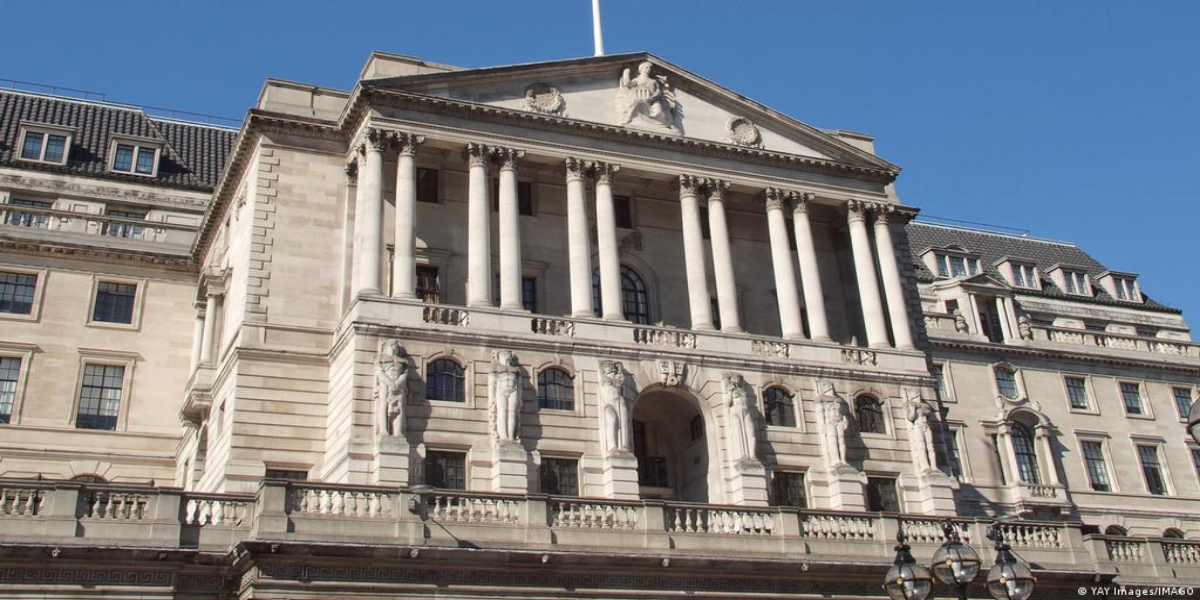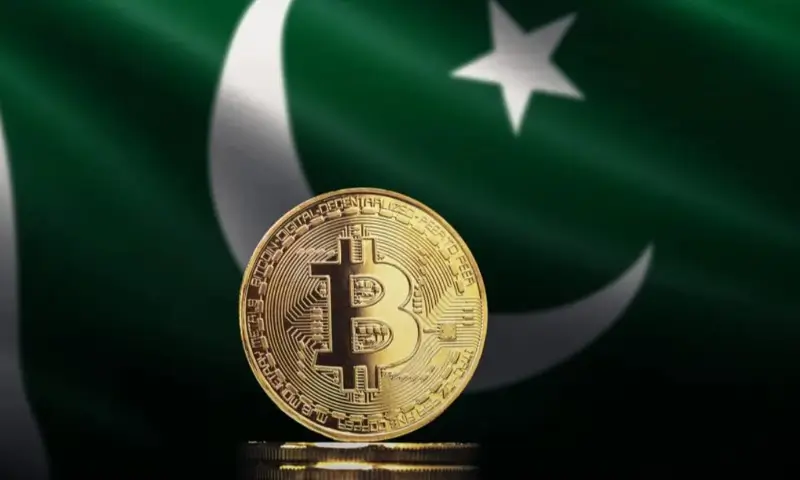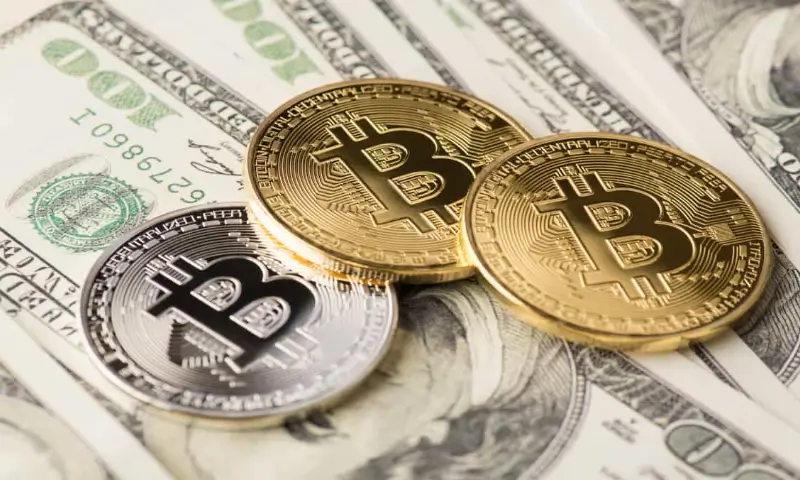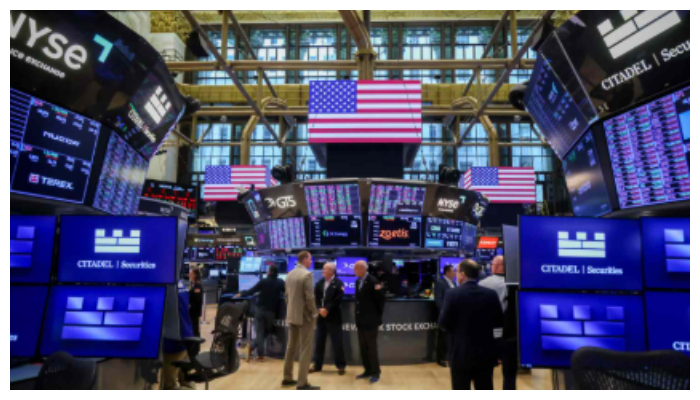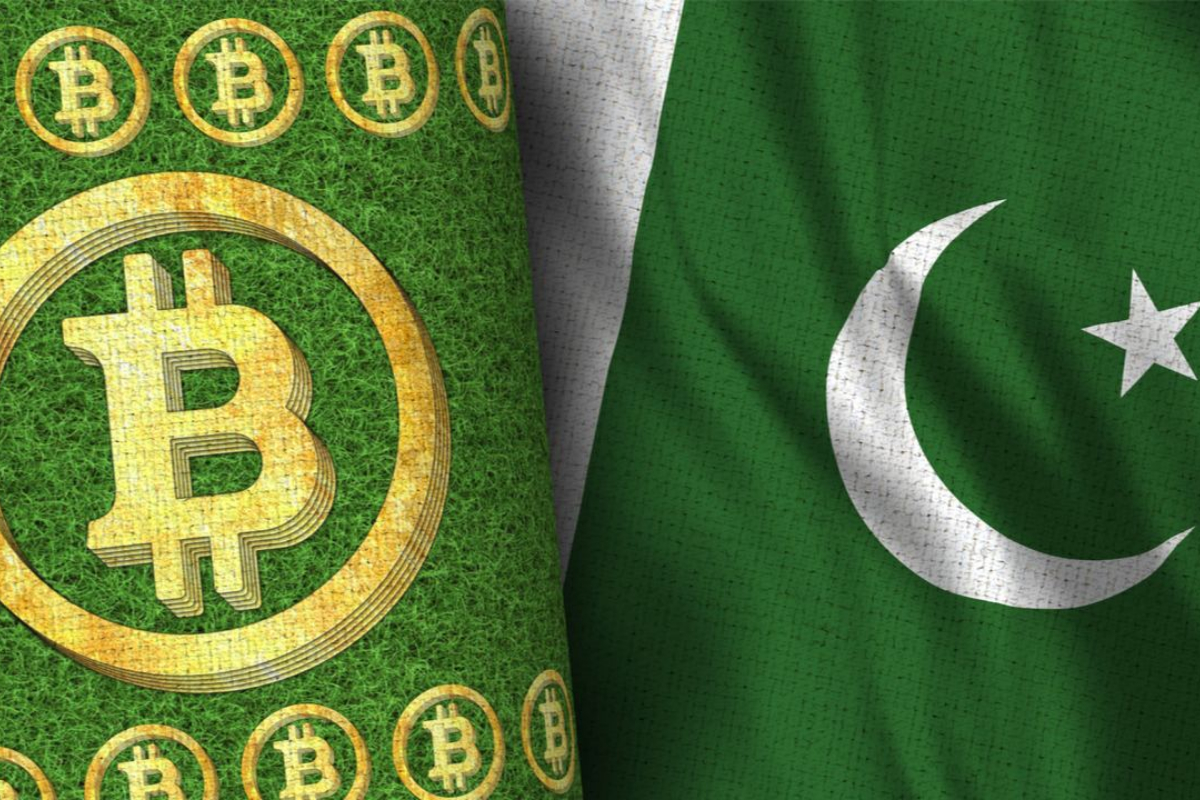The Bank of England cautioned that the cost-of-living issue might send the economy into recession this year, as it raised interest rates to combat skyrocketing inflation, which is forecast to exceed 10% in the coming months.
Threadneedle Street’s monetary policy committee (MPC) voted unanimously to raise the base rate from 0.75 percent to 1 percent, bringing borrowing costs to their highest level in 13 years, as it warned of the dangers of spiraling inflation aggravated by Russia’s war in Ukraine.
Despite the growing risks to the economy, as households saw one of the largest annual income drops in decades, the Bank said a quarter-point increase was necessary to prevent persistently high inflation from taking hold, as the shock of rising energy costs rippled around the world.
The Bank of England issued a gloomy forecast as voters went to the polls for local elections, predicting that Britain will face years of sluggish economic growth as people cut back on their spending to cope with the severe drop in living standards.
Household gas and electricity bills are anticipated to jump by 40% in October, owing to rising international energy prices, after the government only partially countered last month’s record rise with measures stated in Rishi Sunak’s spring speech.
Consumers tightening their belts to deal with the cost of living issue is likely to force the economy into a steep decline in the fourth quarter, according to the Bank, which is under pressure from the chancellor to introduce a new support package for households.
Although a minor recovery is projected at the start of next year, avoiding two consecutive quarters of decreasing GDP (the precise definition of a recession), the Bank of England warned that the UK economy would contract by 0.25 percent overall in 2023, implying a slow-burn recession.
The Bank of England predicted a bleak economic background ahead of the next general election, predicting a dramatic rise in unemployment to 5.5 percent, surpassing the jobless rate during the early stages of the Covid epidemic.
With inflation predicted to hit 10% in the latter months of 2022, the highest level since 1982, economists expect the Bank to keep hiking interest rates to keep spiraling consumer prices from becoming ingrained in the economy.
In a 6-3 split on the rate-setting committee, three MPC members — Jonathan Haskel, Michael Saunders, and Catherine Mann – voted for a greater half-percentage-point rise in borrowing costs, reflecting the risks as inflation approached five times the Bank’s official objective of 2%.
The Bank of England is expected to boost interest rates as high as 2.5 percent next year, according to financial markets.
According to the Bank’s economic estimates, inflation will likely return to near its target rate within two years, and will decline to only 1.3 percent within three.
In order to battle rising inflation, the US Federal Reserve hiked interest rates by 0.5 percentage points on Wednesday, the largest single increase since the millennium.
The MPC was able to sell some of its £875 billion portfolio of UK government bonds after the UK interest rate was raised to 1%, thanks to its quantitative easing stimulus program since the 2008 financial crisis.
Despite the fact that the active bond sale level has been reached, the Bank said it will direct staff to prepare plans for the disposal program and submit an update in August.

